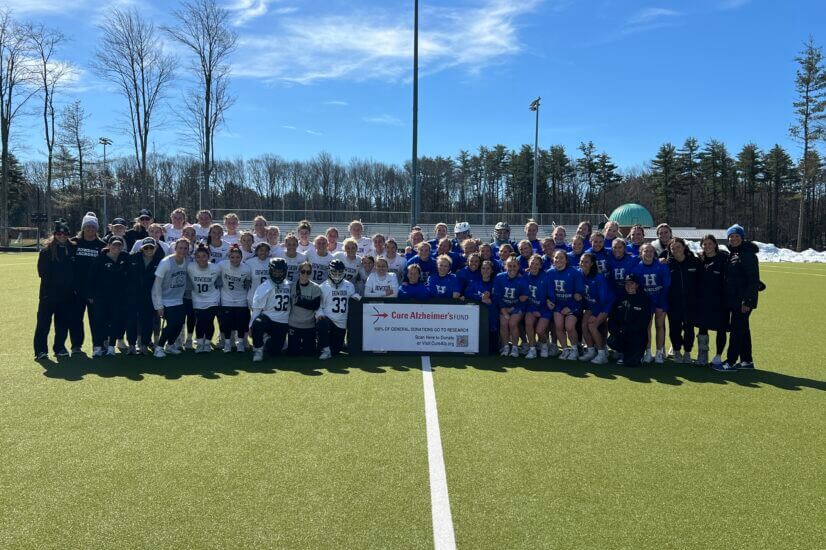
Posted March 28, 2006
North Sewall’s Point, FL — Up to 16 million Americans could have Alzheimer’s disease by the year 2050 if a prevention or cure is not found during the next few years was the key message of a presentation by Dr. Rudolph E. Tanzi, Director of the Genetics and Aging Research Unit at Massachusetts General Hospital/Harvard Medical School, this past weekend at the North Sewall’s Point home of Phyllis and Jerry Rappaport, one of the founder’s of the Cure Alzheimer’s Fund.
Dr. Tanzi, who serves as the Chair of the Cure Alzheimer’s Fund’s Research Consortium, discussed his pioneering and successful efforts to identify Alzheimer’s Disease-related genes. He has played a key role in the discovery of the four established Alzheimer’s genes.
“With the innovative developments in technology, knowledge of the human genome, and the extensive data amassed by researchers at Massachusetts General Hospital and Harvard Medical School, progress toward identifying all AD-related genes will be greatly accelerated,” Dr. Tanzi told the crowd gathered at the Rappaport’s home. “These findings are very encouraging and should lead to better earlier detection of Alzheimer’s and more effective intervention therapies and treatment of the disease.”
Over the past decade Alzheimer research has been paying off with rapid discoveries regarding the basic mechanisms of the disease, the complex interplay of genetic and environmental risk factors, and treatments and interventions that can slow decline. Research findings in the past year alone have generated great excitement in the field of neuroscience and especially in Alzheimer research.
In Florida the number of people in the year 2000 suffering with Alzheimer’s disease was 360,000. Studies show that figure will increase statewide to 590,000 in the year 2025. The numbers continue to soar after 2025 as the bulk of the baby boomers age. After age 65, one in every 10 Americans has the disease and after age 85 half of all American get the disease.
Cure Alzheimer’s FundTM is a public charity established to provide funding for targeted research into the causes of Alzheimer’s disease. Cure Alzheimer’s Fund supports and funds research with the highest probability of slowing, stopping or reversing Alzheimer’s disease. For more information please visit http://www.curealzfund.org/





